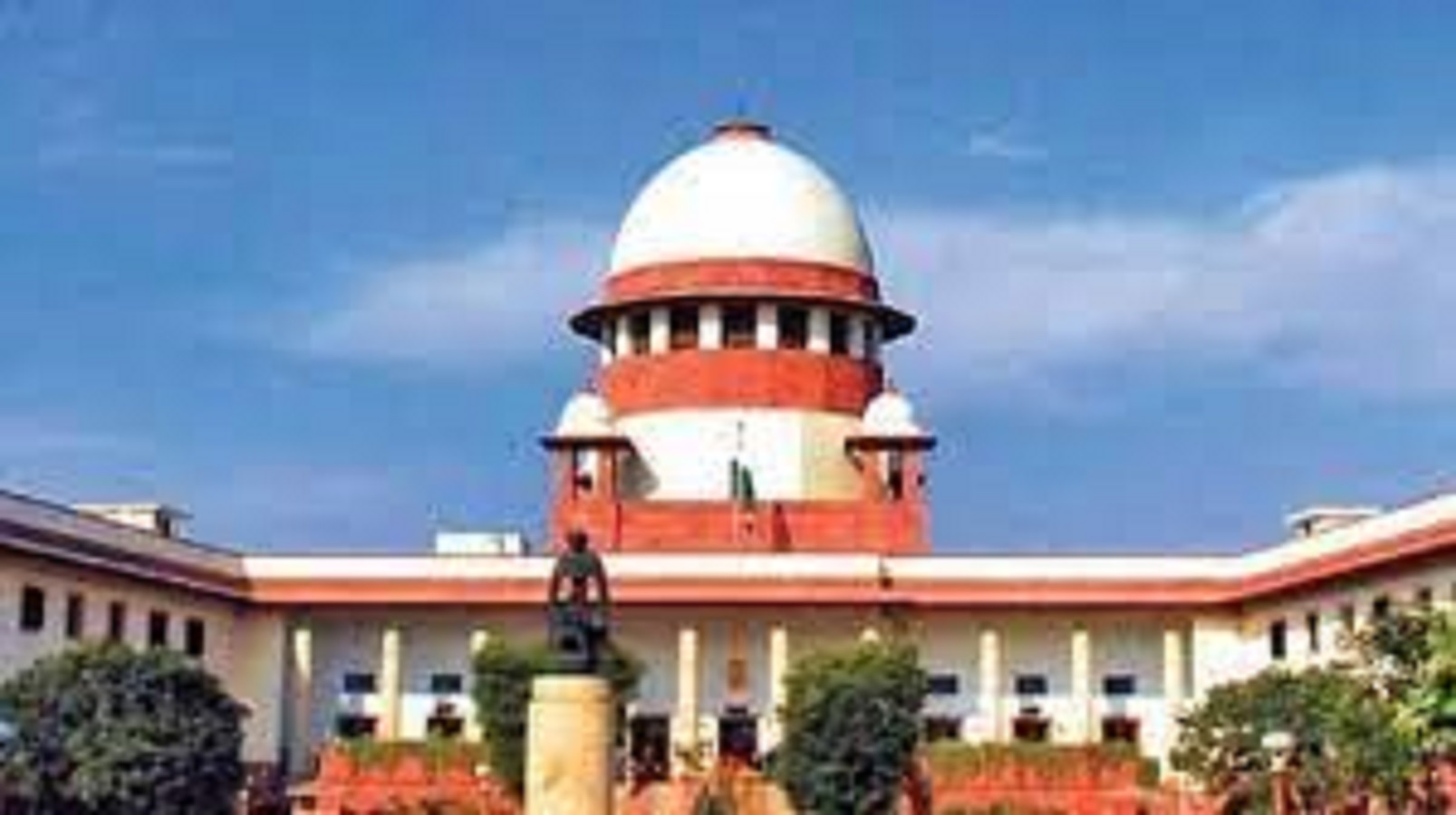On 5th December, 2018, commemorating World Soil Day, amidst observing ‘No Pesticide Week (3-10 December, 2018), scores of farmers came together from different Districts of Maharashtra to deliberate on pesticide poisoning. Pesticide poisoning, in addition to debts, low harvest prices, climate change impacts, under quality seeds, has been adding burden on farmers in Vidarbha region. Farmers resolved to form Maharashtra Association of Pesticide Poisoned Persons.
They plan to capacitate this organisation to fight for their rights. MAPPP, they feel, can effectively lobby for compensation to families, which witnessed deaths or debilitation due to pesticide poisoning, while spraying on cotton and other crops. Because of pesticide poisoning, families of farmers and farm workers are losing their breadwinners to death and disease.
A Yavatmal Declaration has been released. Vidyatai Dhote, a organic farmer and a social worker, said, pesticides are a burden for the farmers. Mani Prakash, a advocate, wanted farmers to talk to the women in their families and understand the impacts on their bodies and work. Vasant Rathod , a cancer survivor, squarely blames insecticides for his cancer and exhorts farmers to move away from them.
Pesticide poisoning has become a major factor in increasing poverty in rural areas of Maharashtra, more particularly in Vidarbha region. Dr. Narasimha Reddy Donthi, a policy expert, observed that ‘while the balance sheets of major pesticide companies are showing huge profits, farmers are ending up in debts’. Dewanand Pawar, Convenor of MAPPP, has a clear road map to bring companies to take responsibility, and has expectations on government to play a huge role in making liability part of Indian pesticide regulation.
C. Jayakumar, Director, PAN India, brings his experience in international treaty negotiations to this august gathering of farmers. He wanted them to go beyond and increase focus on achieving agroecology. He said, ‘prevention of pesticide usage is the sustainable solution, and pursuing agroecological methods of production will free farmers from exploitative agrochemical, trade and seed business companies’.
A. D. Dileep Kumar, PAN India, presented a study done by them on the victims of pesticide poisoning, and reported that about 31% of victims they surveyed are still unable to do work as they used to do before the poisoning incident. Earlier, PAN India did a fact-finding mission in 2017 and has produced a now widely popular report. These studies show some shocking results of ignorance, apathy and failure. This report can be found here:
http://www.pan-india.org/wp-content/uploads/2017/10/Yavatmal-Report_PAN-India_Oct-2017_web.pdf
This gathering has been facilitated primarily by Pesticide Action Network (PAN) India, in partnership with Shetkari Nyayhakk Andolan, Yavatmal, Pesticide Action Network (PAN) Asia Pacific and other organisations.



